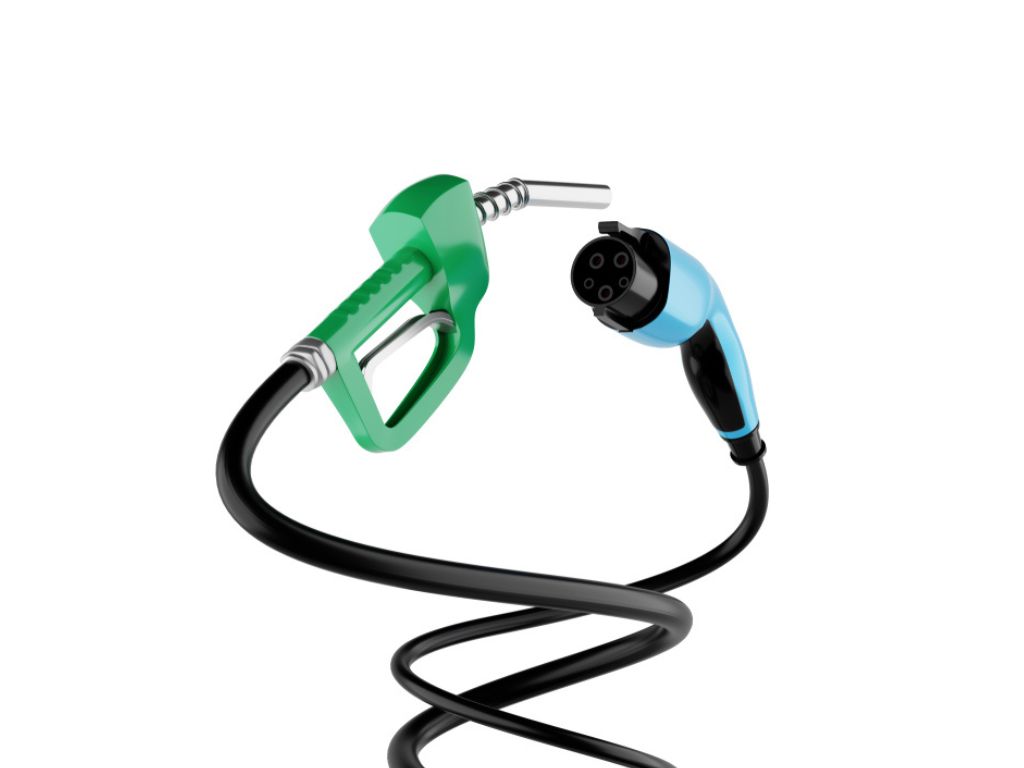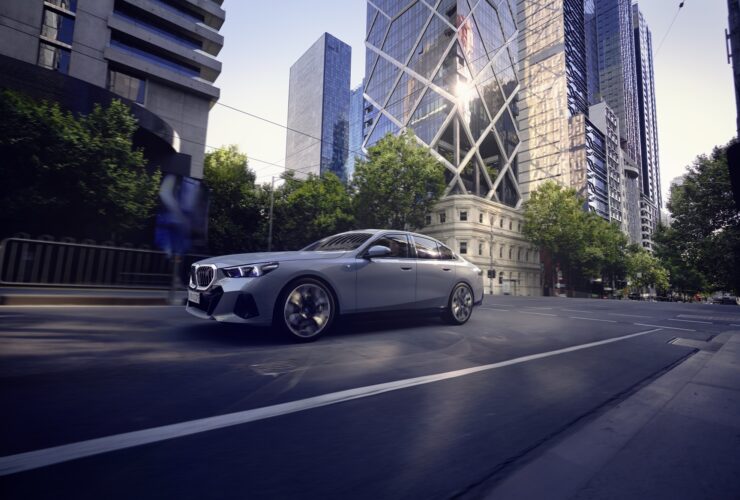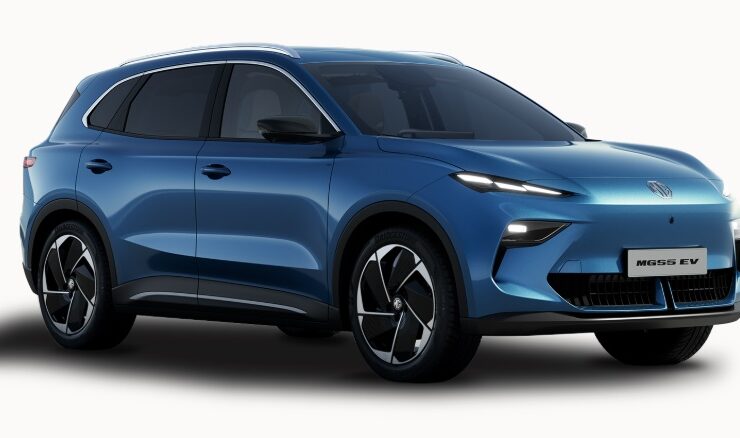With fuel costs rising and 2025’s fleet emission targets on the horizon, we look at the benefits and drawbacks of each major fuel type for your fleet.
Electric Vehicles
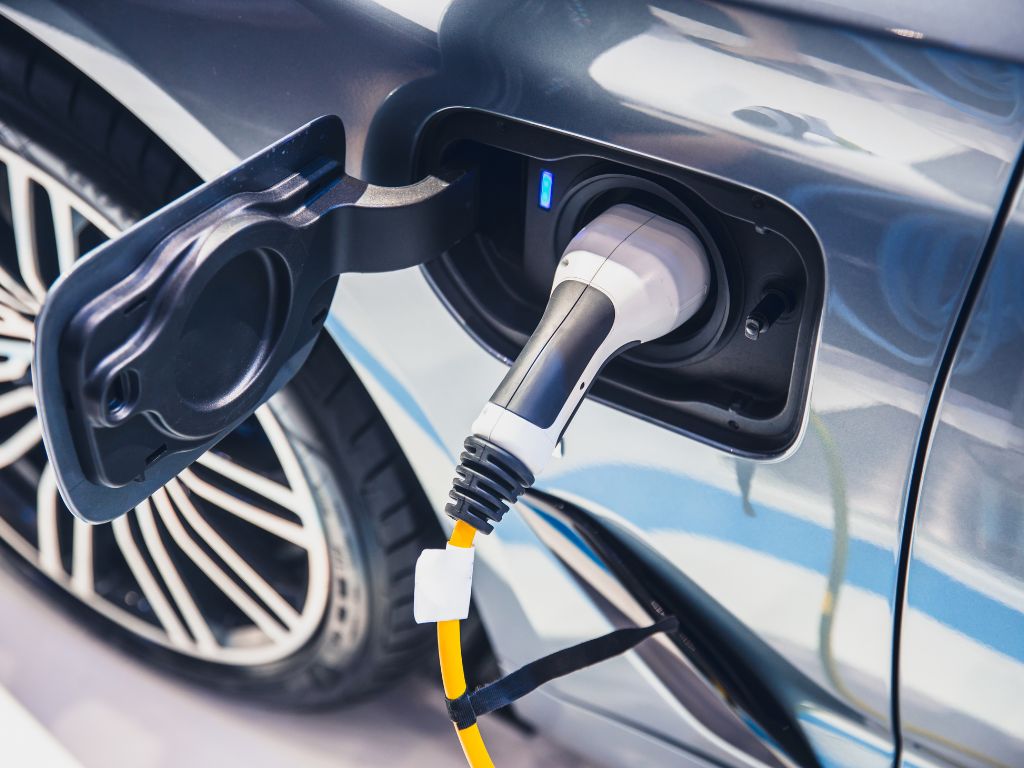
The UK government has committed to ending fossil fuel vehicle manufacture by 2030. That means the next eight years will bring enormous growth in the electric vehicle (EV) market. However, with EU-wide targets for fleets to reduce CO2 emissions by 15% from 2025, many fleet businesses are already making the move to an electric future – or at the very least, looking into doing so.
If that’s you, you’ll want to consider electric cars’ pros and cons at this time:
| Pros of electric vehicles | Cons of electric vehicles |
|---|---|
| Helps your fleet meet EU targets for CO2 emission reduction
Pay nothing on road tax Pay only 2% Benefit in Kind (BIK) tax on company cars Pay nothing on congestion charges Electric cars are eligible for the government’s £1,500 plug-in grant Around £600 cheaper to run than a petrol vehicle annually – and with fossil fuel prices rising, that gap is widening Average cost per charge of £16.16 Between £50-80 cheaper to service on average Total cost of ownership (TCO) is roughly equivalent to ICE vehicles and can even be lower on certain models. |
Higher initial vehicle cost (almost £44,000 on average)
An average range of 100-300 miles on a full charge Slow charging times 100 miles charge = roughly 35 minutes Full charge = between 3-10 hours Charging locations less plentiful than petrol stations Breakdown costs can be higher for electric vehicles A forecasted lithium shortage by 2030 could curtail essential battery supplies. |
Petrol Vehicles
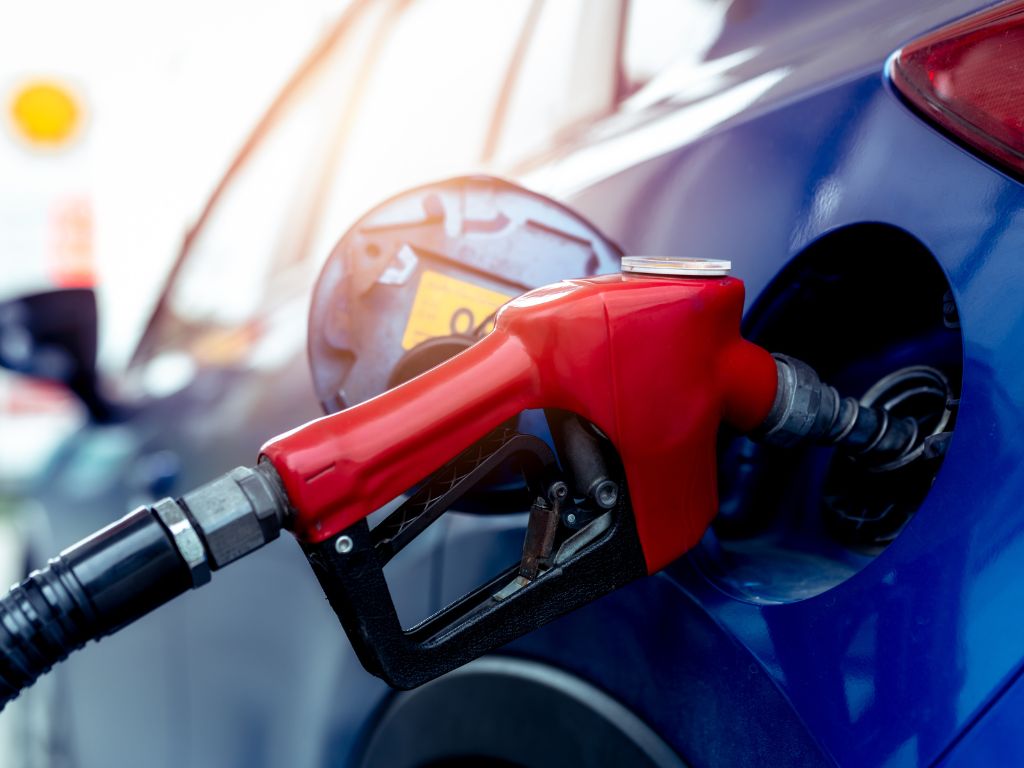
For traditionalist car lovers it will be a sad day when the last petrol car rolls off the production line. And yet, few people would argue that it’s a change the planet needs to happen.
For fleets, the question in 2022 is not if they should move to EVs, but when. The commercial pros of petrol cars may, for many, continue to outweigh the cons for some time. However, with fuel prices rising, we could soon be approaching a tipping point.
To inform your fleet’s decision making, these are the current pros and cons of petrol vehicles:
| Pros of petrol vehicles | Cons of petrol vehicles |
|---|---|
| Petrol vehicles carry a far lower initial cost than electric vehicles, with a far wider variety of makes and models on offer
They are also far faster to refuel time than EVs, with minutes at the pump vs potentially hours spent at a charging point. Petrol vehicles also offer an overall lower fuel cost than diesel vehicles unless you are driving especially long distances Finally, petrol vehicles are simply just far more familiar to the majority of UK drivers. With several leasing cycles still left before fleets need to urgently considering moving to an electric infrastructure, this isn’t to be overlooked – particularly as is makes TCO far more predictable and workable for fleet managers in the short to medium term. |
Production and sale of petrol vehicles will end in 2030, meaning fleets should start considering the move to electric vehicles sooner rather than later.
BIK tax rates for petrol cars are higher than EVs, at 25% for any car with 100 g/km CO2 The average yearly cost to run a petrol vehicle weighs in around £600 higher than running an EV Likewise, the average cost per 1,000 miles is £202, which works out around £23 more than diesel. This makes petrol motors less cost-effective for fleets with high mileage and many vehicles. Overall, the lack of green fuel in petrol vehicles will also affect a fleet’s ability to meet fleet emission reduction targets. |
Diesel Vehicles
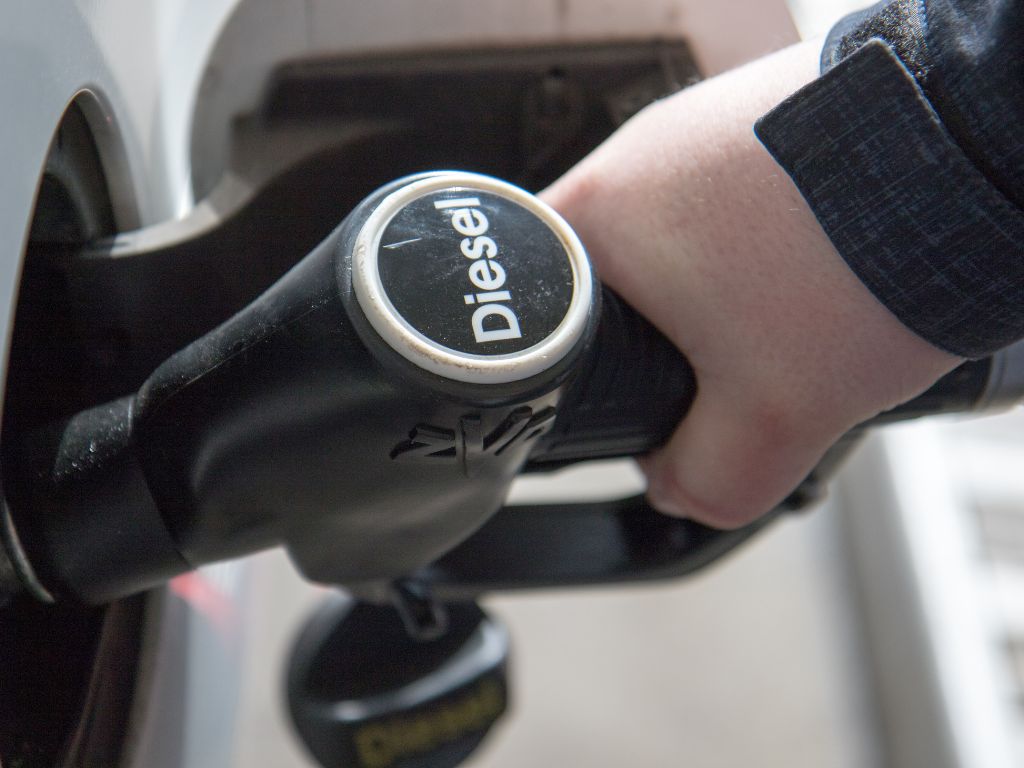
Is it worth getting a diesel car in 2022? With fleet emission reduction targets to hit by 2025 and the end of new diesel vehicle manufacture altogether happening in 2030, it’s a fair question.
To help answer it, take a look at the pros and cons below.
| Pros of diesel vehicles | Cons of diesel vehicles |
|---|---|
| Diesel vehicles offer improved fuel economy over petrol vehicles, meaning they’re still superior for fleet costs when driven over for long distance
The nature of diesel engines also means they typically need less repairs than petrol vehicles The average cost per 1,000 miles of a diesel vehicle is £179 (£23 less than petrol) |
Like petrol vehicles, BIK rates also begin at 25% and go up to 37% depending on g/km CO2. Diesel vehicles are likely to be on the higher end of this spectrum.
Production and sale of diesel vehicles ends in 2030 Because of the extra fumes releases into the air, diesel vehicles contribute to your fleet’s emissions even more than petrol vehicles, meaning they affects your ability to meet those targets even more Diesel vehicles also carry potentially highest charges in Ultra Low Emission Zones Our final con of diesel vehicles is that manufacturers are already moving away from diesel, meaning you can expect less variety in vehicle types, and less support for repairs in coming years. |
Hybrid Vehicles

Hybrid vehicles occupy a curious middle ground between the past of internal combustion engine (ICE) cars and an all-electric future. But in the present, some fleet managers may find they offer the perfect balance to lower emissions without sacrificing driving range or refuelling time. Of course, that might also depend on the type of hybrid you opt for.
Either way, it will help to know hybrid cars’ advantages and disadvantages:
| Pros of hybrid vehicles | Cons of hybrid vehicles |
|---|---|
| You’ll pay less in congestion charges in a hybrid car
Hybrids have a longer driving range than EVs Because the run on two fuel types, hybrids have a longer range than EVs and need fewer lengthy stops on long journeys to recharge Hybrids come in three types for a wider variety:
|
Production and sale of hybrid cars will end in 2035 – although this is a full five years after petrol and diesel cars
Still being reliant on fossil fuels means hybrids are less green than full EVs Because they’re less green, hybrids will make only a partial contribution to your fleet emission reduction targets The 23% BIK tax paid by hybrid owners is vastly different to the 2% paid by pure EV owners, and only 2% away from the 25% starting rate paid by petrol and diesel owners Full hybrids typically offer an electric-only range of around 30 miles on average, making electricity more useful on short journeys, and only handy as a backup on longer ones. |
So… should you get a petrol, diesel, hybrid or electric car?
It’s not hard to see why electric cars are better for the environment. But as things stand, the pros and cons of petrol and diesel cars are obvious and compelling. That’s particularly true for fleets that rely on long journeys. However, each day that fuel prices soar, the longer-term cost benefits of electric vehicles become more apparent, and more appealing. For some, the time to go electric is now.
That switch brings its own challenges, however. From the cost of installing charging points to the realistic range and charging time of most electric vehicle batteries, the technology is still in its early stages. But with more public charging points being installed each month, and attractive tax benefits on top of the lower fuel costs, the choice between an ICE, EV or hybrid model is less clear cut than ever before.
Need help choosing your next vehicle?
Whether you’re considering switching to an EV or hybrid, or you’re looking to stick with leasing a combustion engine vehicle for a little while longer, our team can work with you to find the right vehicle.
Call us on 01246 572180 or email us at [email protected].

